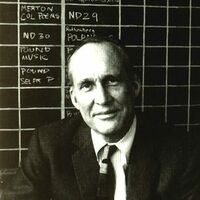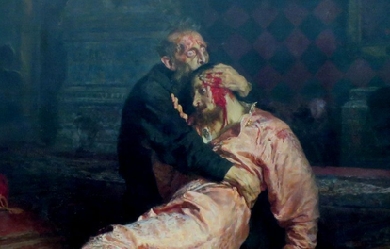Funerals
in our village are short and to the point.
While the mourners are finding their seats
Etta Andrews plays “Now the Day Is Over.”
No one is ashamed to wipe his or her eyes.
Then the Reverend stands up and reads
the Lord’s Prayer with the mourners
speaking it with him. Then there is a hymn,
usually “Rock of Ages” or one chosen by
the wife of the deceased. The deceased,
I might say, is never present, except for
an urn prepared by Mr. Torrant, who is
always squinting. Next there are remarks
by the Reverend. He is a kind man and
can be relied upon to say something nice
about the life of the departed, no matter
how much he may have been scorned or even
disliked.
The Reverend’s eulogies are so much the
same, with appropriate readings from scripture,
that I gave up listening to them years ago.
Instead, unheard, I eulogize myself,
the real picture of how I’ve been in
the village. I admit that I was self-satisfied
and arrogant. I didn’t go to much pains
to provide diversions for my wife. When
the children and grandchildren came for visits
I lectured them and pointed out their faults.
I made appropriate contributions to the
local charities but without much enthusiasm.
I snubbed people who bored me and avoided
parties. I was considerate to the people
who worked in the post office. I complained
a great deal about my ailments. When I’m
asked how I’m doing, I reply that I’m
not getting any younger. This inveterate
response has become a bore in the village.
After the Reverend’s eulogy is over
there is another hymn, and the benediction.
As they leave everyone, except me, presses
the flesh of the bereaved with appropriate
utterances. But I get away as quickly as
I can. If they don’t bore me I like
almost all the people in the village.
But as they go, I tick them off. I’ve
been to at least fifty funerals. When
will mine be?


